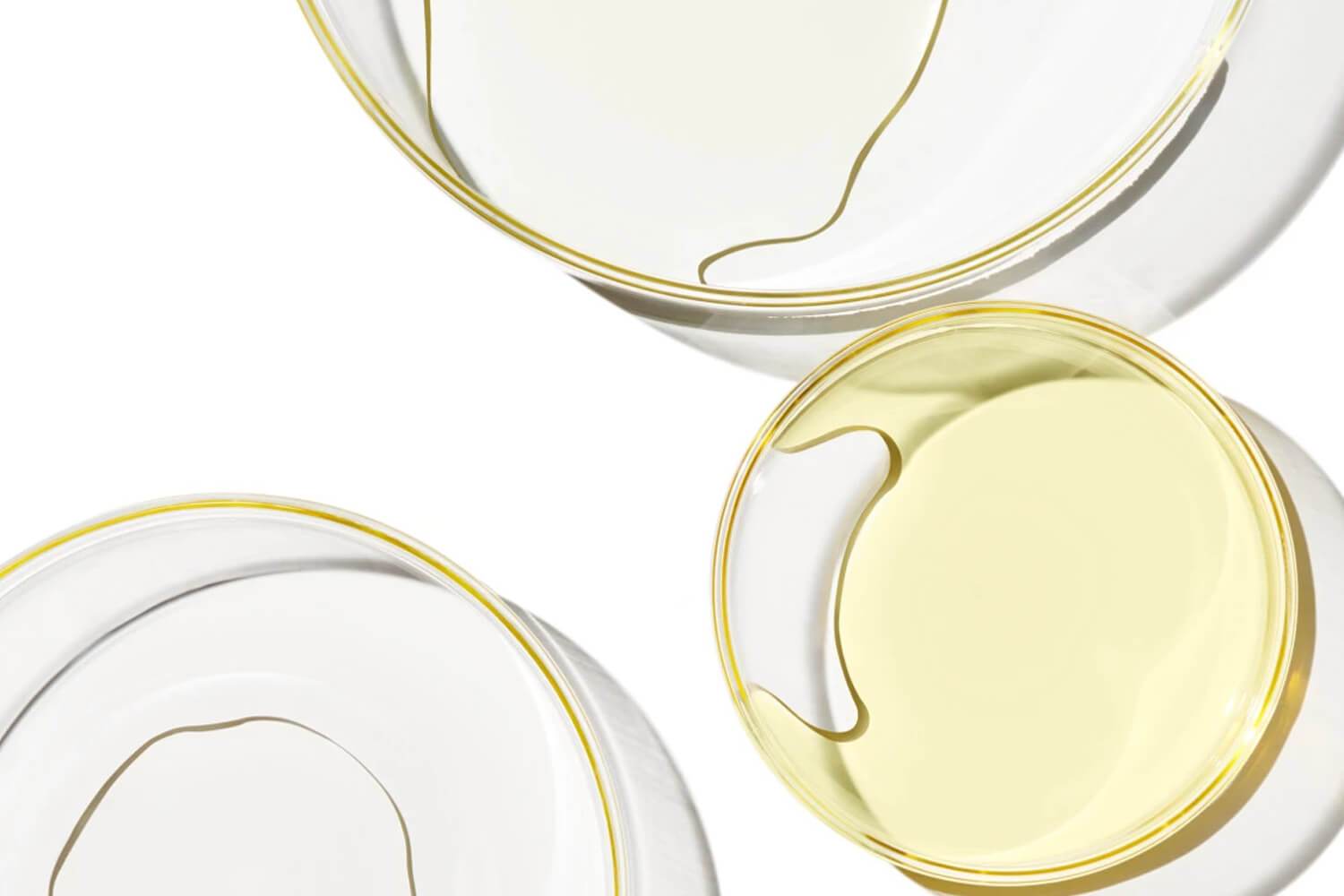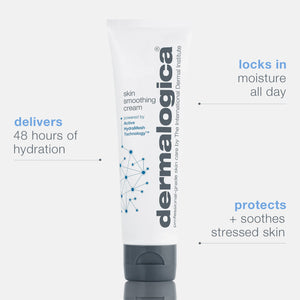2 min read
What is hyaluronic acid?
Hyaluronic Acid is a go-to for skin hydration, but don’t let the word “acid” fool you. Find out what Hyaluronic Acid is and why our skin needs it.

What is hyaluronic acid?
This gel-like water-holding molecule is a moisture-binding ingredient that helps keep skin plump and hydrated. And it’s actually something our bodies naturally produce. Hyaluronic Acid helps the skin retain moisture because it can hold 1,000 times its weight in water within the cells of the skin- making it an excellent moisturizing ingredient.What Does Hyaluronic Acid Do in Skin Care?
It acts as a humectant that helps skin retain water while keeping it plump and hydrated. Scientific studies have also shown that Hyaluronic Acid helps improve the production of collagen, fight free radicals, maintain skin elasticity, and even has antibacterial and anti-inflammatory properties that help with wound healing. Yes, please!So why do we need more if our bodies already produce it?
Well, the average human body contains about 15 grams of Hyaluronic Acid. However, one-third of that gets degraded and synthesized on a daily basis. We also produce less and less as we age, which is why many anti-aging products contain Hyaluronic Acid. Plastic surgeons and board-certified dermatologists often inject Hyaluronic Acid into sunken areas of skin to plump it up, but you don’t need to get injections to reap its benefits. Just choose a serum or moisturizer that contains Hyaluronic Acid (also commonly listed as Sodium Hyaluronate)
What are Hyaluronic Acid’s key benefits?
-
increases moisture + plumps wrinkles
-
hydrates to reduce the look of dehydration lines, and wrinkles
-
boosts the skin barrier
-
fortifies the skin barriers to help lock in moisture even further
-
smoothing
-
supplies skin with moisture to give an overall tightening and smoothing effect
3 Tips to Use Hyaluronic the Right Way
-
Use Products with Different Molecular Weights of Hyaluronic Acid
-
Lower-weight molecules penetrate deeper, while higher weights address the skin’s outer layers.
-
Complimentary Ingredients
-
Use Hyaluronic Acid within formulas containing (but not limited to) occlusives, Vitamin C or Retinol.
-
Layer Your Hydration
-
Apply Hyaluronic Acid products over skin dampened with a toner to lock in moisture.





